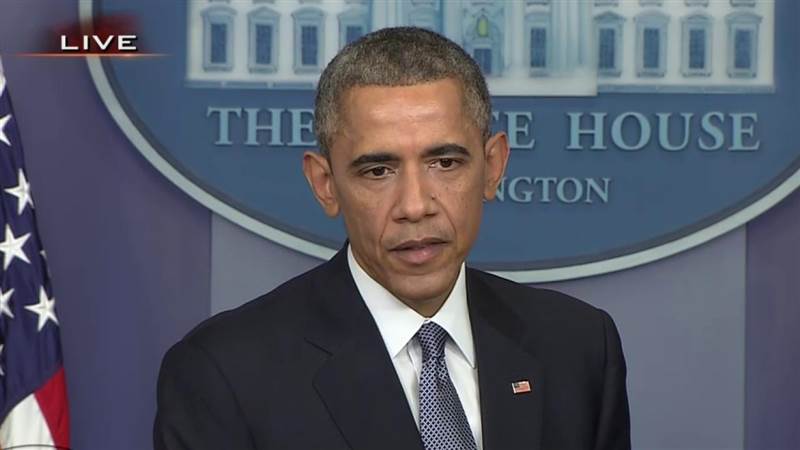‘Noble Lies’ damaging environmentalism: Doing the right things for the wrong reasons is dangerous
Tom Harris
Over the past few weeks, we’ve been subjected to a barrage of catastrophic climate change forecasts. To avoid “death, injury, and
disrupted livelihoods”, to quote from the recent report of the United Nations Intergovernmental Panel on Climate Change, we must make costly changes to the way we generate energy.
But the reports of the Nongovernmental International Panel on Climate Change show that there is nothing extraordinary about today’s climate and there is little evidence that dangerous man-made effects are on the
horizon.
Global warming campaigners respond by following a strategy taught in law school: “if the facts are on your side, pound the facts. If the facts are not on your side, pound the table.” This approach is backfiring. In a U.S. Gallup poll conducted in early March, global warming ranked 14th out of 15 issues respondents were asked about. After years of making forecasts that are not coming true, climate campaigners are not taken seriously by a large fraction of the population.
So we are seeing an increasing use of the ‘Noble Lie’, a concept introduced by Plato in The Republic. Plato believed that most people
lacked the intelligence to behave in ways that are in their own and society’s best interest. Consequently, he advocated creating religious
lies that are fed to the public to keep them happy and under control.
False propaganda to enhance public welfare is completely acceptable, Plato argued.
Many opinion leaders obviously doubt, or are agnostic about, dangerous human-caused climate change. However, they judge that widespread acceptance of climate concerns will encourage pollution reduction, energy conservation, increased foreign aid, crop biotechnology, alternative and nuclear energy, and even personal fitness, social justice, and world government—things they regard as beneficial to society. So they engage in noble lies about climate, keeping their doubts to themselves so as to advance progressive policies.
But this is a slippery slope.
As the pubic come to realize that they have been misled about climate change, they become cynical about actions they would normally support. For example, many people who support energy conservation oppose Earth Hour because they regard the climate concerns on which the event is based as unfounded. Some even intentionally increase their energy consumption during the event. Crying wolf is damaging sensible
environmentalism and even science itself.
Telling the noble lie that the science of climate change is ‘settled’ so as to encourage constructive ‘solutions’ is also counterproductive. If we already understand the science, then why fund climate research at
all? In reality, the science is so immature that we do not even know if warming or cooling lie ahead so continuing climate research is crucial
if we are to properly prepare for the future.
The lie that we know how to control planetary climate has resulted in 94% of the approximately $1 billion a day spent worldwide on climate finance being allocated to trying to control conditions that might be experienced by future generations. Only 6% goes to helping people adapt to climate change in the present. Commentators from across the political spectrum have labeled this approach immoral.
Finally, exaggerated climate concerns have distracted governments from properly addressing the real long-term energy crisis. It is that, as humanity’s usage of hydrocarbon fuels continues to rise, they will become increasingly scarce and so more expensive. We therefore need carefully planned, long-term energy research and development, not only
to improve the way we use today’s fuels, but also to develop cost-effective alternatives.
Yet because of the obsession with climate, billions of dollars that could be spent on energy research and real pollution abatement are
wasted on useless and potentially dangerous projects such as pumping carbon dioxide underground and the widespread deployment of unsustainable technologies like wind power. This impoverishes society, making us less able to afford activities we need to enhance energy
security and protect the health of our citizens and the environment.
The idea that we control the climate of planet Earth will eventually be widely regarded as a costly mistake. Experts who knew this but promoted the deception for what they considered good reasons will be disgraced.
Then no one will believe scientists when they warn us of real wolves at our doors.




